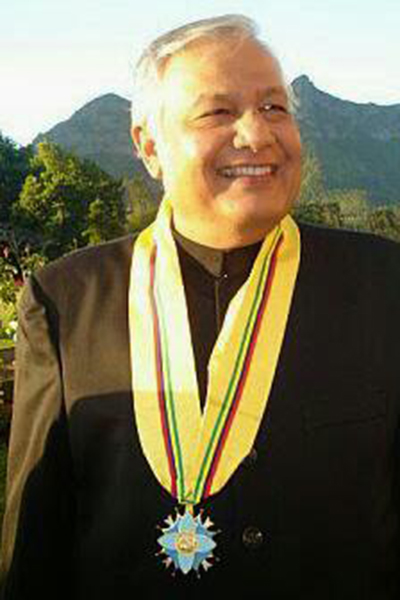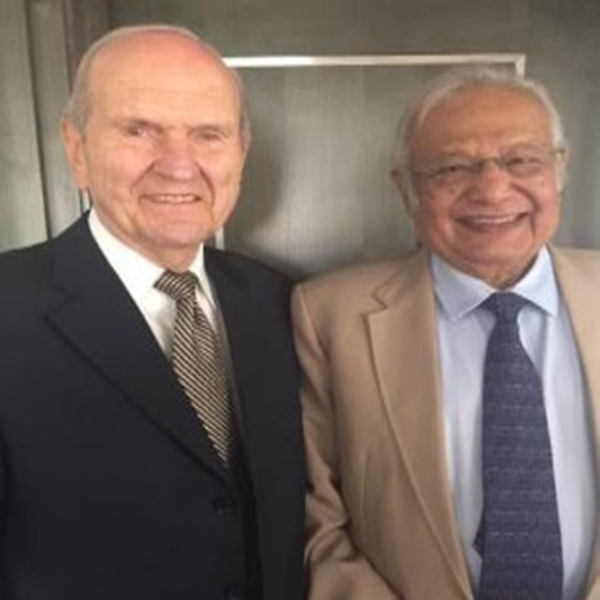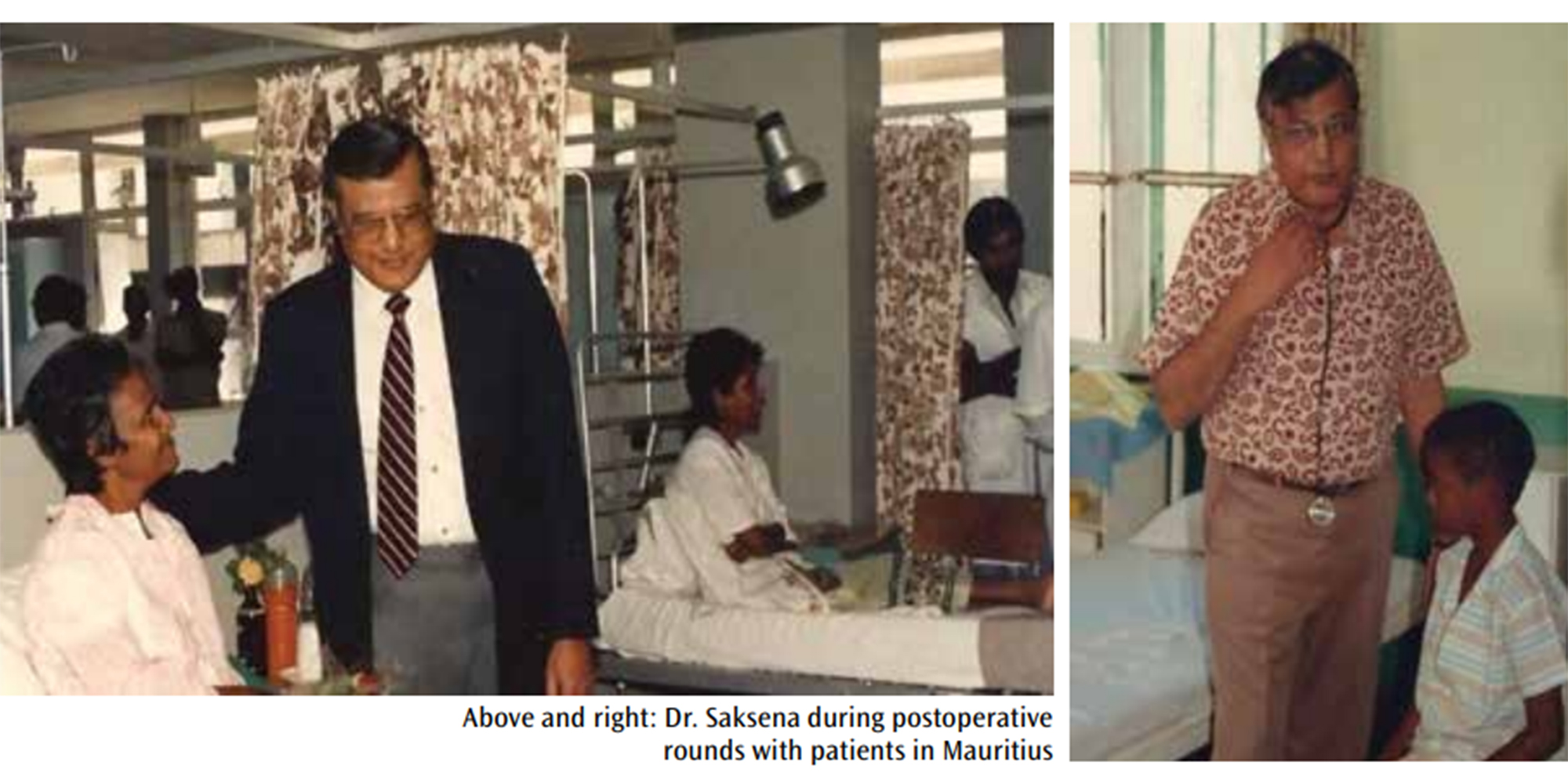
Dr. Devendra Saksena is the definition of “extraordinary.” A practicing cardiothoracic surgeon for over 50 years, Dr. Saksena is currently Professor and Head of Cardiovascular Surgery at the Bombay Hospital Institute of Medical Science in Mumbai, India, as well as a Consultant Cardiac Surgeon for the Central Railway, Indian Army, and Asvini Hospital for the Indian Navy in Mumbai. He is the senior-most cardiac surgeon in India and has trained the largest number of post-graduate cardiac surgeons in the country. Dr. Saksena has performed over 28,000 heart surgeries throughout the world, including in the US, India, Mauritius, Tanzania, Myanmar, Kenya, and Oman. Over half of these surgeries have been provided free of cost to the patient. He has received numerous prestigious awards and recognitions, including the Surgical Humanitarian Award from the American College of Surgeons in 2019, the Lifetime Achievement Award from the Pediatric Cardiac Society of India in 2017, and the Lifetime Achievement Award from the Indian Association of Cardiothoracic Surgery and American Association of Thoracic Surgery in 2010. He has multiple honorary doctorates, including one from the D.Y. Patil University in 2018 and another from the University of Mauritius in 1998 -- notably, this was awarded to Nelson Mandela in 1997 and the Prime Minister of India, Shri. Atal Bihari Vajpayee in 1999.

Dr. Saksena trained at the Henry Ford Hospital in Detroit, Michigan from 1963 until 1968, and then came to the University of Utah to train under Dr. Russell M. Nelson from 1968 until 1970. Despite receiving numerous high-paying job offers in the United States when he completed his training, Dr. Saksena chose to return to India with the goal of establishing a cardiac surgery program which he says was essentially non-existent in that part of the world in the early 1970s. Because a majority of patients in India did not have insurance, heart surgery had to be economical.
 In response, Dr. Saksena founded The Bombay Medical Aid Foundation to provide necessary surgeries free of charge to patients. To date, the organization has raised over one million dollars to support those in need. During this time, Dr. Saksena also created cardiac surgery programs and trained staff at Bombay Hospital and St. George Hospital. Similar programs were established in Mauritius, Tanzania, and Myanmar. He was also involved in the Tanzania Heart Babies Project in the 1980s, which brought babies to India for heart surgery. Clearly devoted to his humanitarian work, Dr. Saksena notes the importance of the benefits of cardiac surgery being available to people of all income levels.
In response, Dr. Saksena founded The Bombay Medical Aid Foundation to provide necessary surgeries free of charge to patients. To date, the organization has raised over one million dollars to support those in need. During this time, Dr. Saksena also created cardiac surgery programs and trained staff at Bombay Hospital and St. George Hospital. Similar programs were established in Mauritius, Tanzania, and Myanmar. He was also involved in the Tanzania Heart Babies Project in the 1980s, which brought babies to India for heart surgery. Clearly devoted to his humanitarian work, Dr. Saksena notes the importance of the benefits of cardiac surgery being available to people of all income levels.
When asked about the proudest moment of his career, Dr. Saksena said that he found it difficult to describe, as he has worked with the entire spectrum of humanity, from those in deep poverty to the Heads of Government around the world. While he notes that he is undoubtedly proud of the major recognitions and awards he has received, he says,
“If you ask me, really, operating on a poor patient and bringing him back to life and seeing the satisfaction in the eyes of his mother or wife gives me greater satisfaction that any award received.”
Dr. Saksena had the following advice for young cardiac surgeons:
“Cardiac surgeons are in a unique position in society to help people using skills which are rare and hard-earned. Use your skills maximally, continue to learn, innovate, and teach, and you will be the happiest people on earth.”